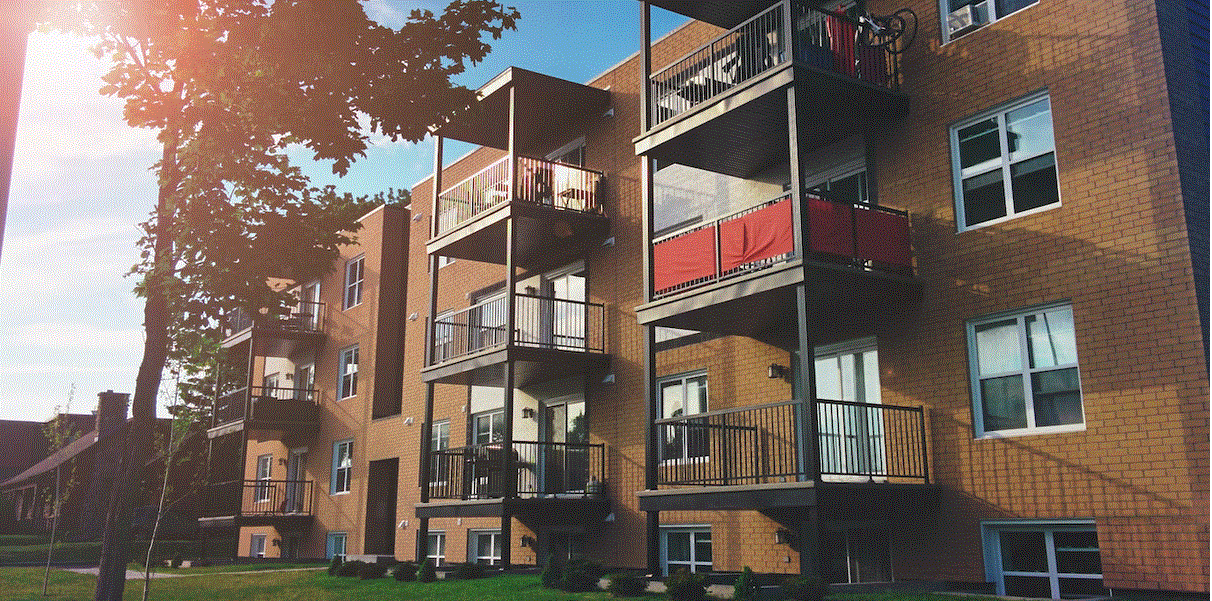PHILADELPHIA - The first step in evicting squatters from your property is to serve an eviction notice to them. A valid eviction notice will allow you to evict them without having to break the law or change your locks. Once they leave, you must monitor the property for illegal occupants.
Legally evicting squatters
Regarding the legal eviction of squatters, it is important to follow the right steps. You should file a report with the local government and wait for the process to be completed. However, you should not attempt to remove squatters on your own without the help of an attorney or property manager. This is because evictions are difficult to do legally and may result in fines and jail time.
First, you should contact the police and find out if the squatter is a criminal or civil matter. If the squatter is a criminal, he or she will be instructed to vacate the premises. You should give the squatter a deadline to comply with the eviction. If the squatters do not leave, you should consider a civil case, which requires documentation and may be settled through a civil court.
When evicting squatters, you should keep the property secure and post "No Trespassing" signs. New York has laws regarding squatters' rights. However, certain circumstances require a landlord to call the sheriff.
Monitoring The Property For Illegal Occupants
The first step to getting rid of squatters is to monitor the property and report any illegal entry to the police. This can be done by regularly visiting the property or having a neighbor keep an eye on it. The police will then be able to legally evict any trespassers who have entered the property.
There are several reasons why squatters may move into your property. Sometimes, they move in after your tenant or subtenant leaves and doesn't pay the rent. Other times, they are able to move in through move-out inspections. You may also have a problem with a tenant refusing to leave. There are ways to deal with these situations and quickly eliminate squatters.
In New York, squatters often target vacant properties, so you should monitor it for any signs of squatter activity. Even if you're not around to see what's going on, you should consider installing a security system so that you can monitor the property remotely. Regular inspections will help you kick squatters out before the thirty-day mark passes. These routine inspections will also help you refute any squatter claims and save you from having to go to court.
Monitoring The Property For Squatters After An Eviction
Monitoring the property for squatters is a critical part of landlord management. It is vital to visit the property regularly, ensure all doors and windows are locked and monitor visitors. If you cannot be there constantly, you should consider installing a security system that allows you to monitor the property remotely. Alternatively, you can hire a professional property manager to come in and check on the property for squatters.
Monitoring the property of squatters may be an expensive endeavor. You can expect to pay thousands of dollars for removal. The best way to prevent this is to install an alarm system on the property and monitor it for trespassers. The system can be linked to a local monitoring company and will give you alerts whenever a trespasser enters the property.
If you don't notice the presence of squatters on the property immediately, you should take steps to remove them. If you don't do this, the squatters may accumulate debt on the property. You might have to pay them for their utilities in the long run. If you do not catch them in time, you can even claim ownership of the property through adverse possession, though this process may take longer than most landlords would prefer to leave the situation unresolved.




